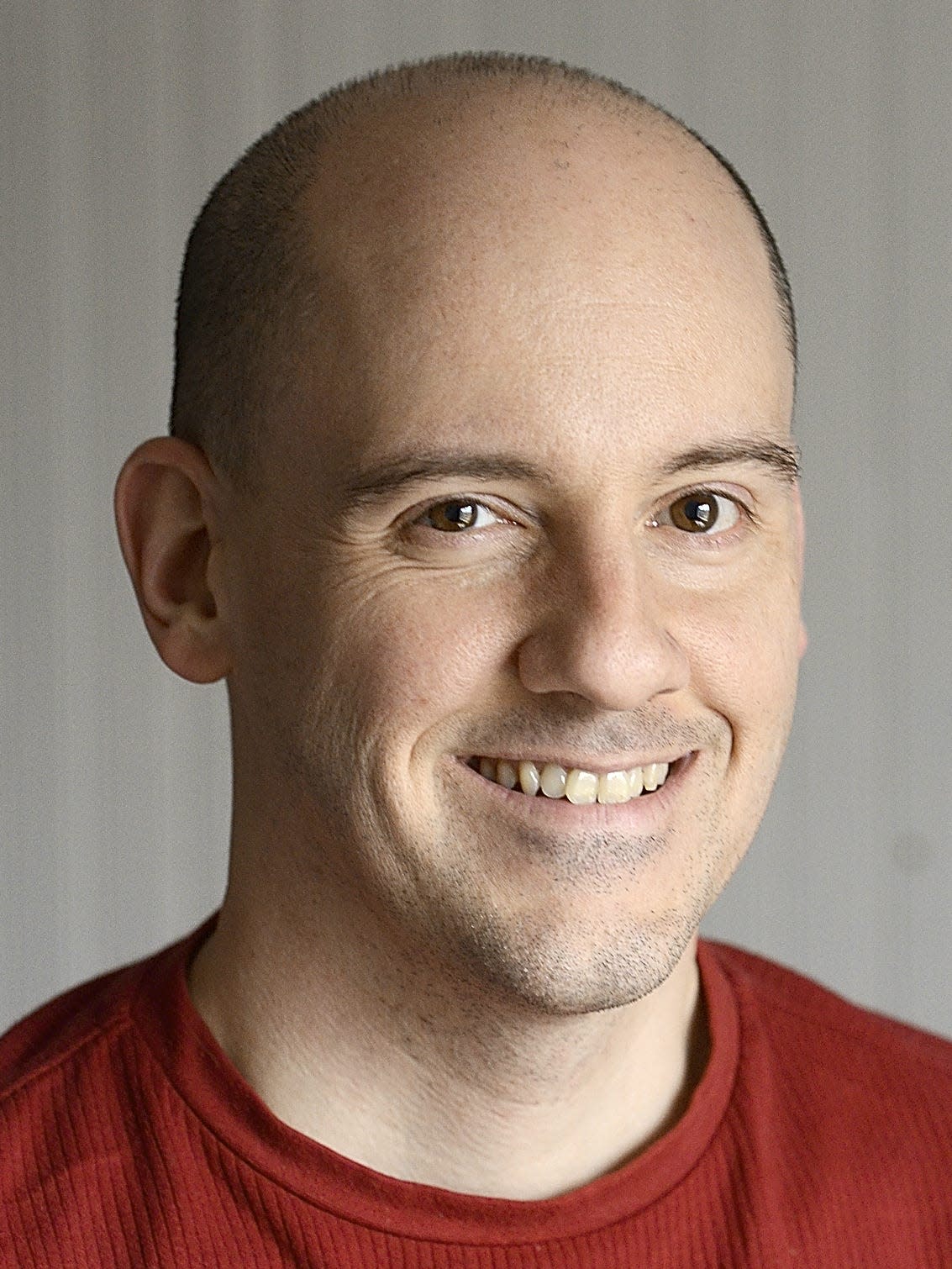Chris Schillig: 'Wokeness' isn't what detractors think it is

- Oops!Something went wrong.Please try again later.
Warner Bros.’ cancellation of “Batgirl,” a movie slated for release on the HBO Max streaming service, brought a lot of trolls out from under bridges.
While most people either don’t know a Batgirl movie was in development or are disappointed they’ll never get to see it, a small but vocal group is downright gleeful.
These are people who believe Warner Bros. is getting what it deserves for forcing “wokeness,” a shorthand term of disparagement that apparently encompasses anything these folks don’t like.
Warner Bros. has said “Batgirl,” which had already finished principal photography, no longer aligns with its plans to make big-budget superhero movies for theatrical release. So the studio itself canceled it. Hardly “getting what it deserves.”
Some of the anti-woke contingent on social media don’t appreciate that the title role is played by Leslie Grace, a Dominican-American who has spoken of her special opportunity to play an Afro-Latina superhero. The original character is white.
Other anti-wokers seem angry that the character exists at all, as if Batgirl had been created for this movie when she has, in fact, played a prominent role in DC Comics for more than 50 years. They reference what they describe as a plan by the studio to replace all its mainstream superheroes with gender-swapped or minority substitutes.
Critics of “wokeness” often argue they aren’t opposed to diverse casting per se. By all means create characters who are ethnically diverse, LGBTQ+, dedicated to progressive causes, etc., they opine, but leave legacy characters and long-established franchises out of it.
That argument dismisses an essential truth: Almost all mainstream American characters of cultural significance were originally white, cis men, not because these qualities were essential to the characters’ identities, but because this was the default template for decades if not centuries. These characters also looked like and reflected the values of the overwhelmingly white, cis men who created them.
Telling contemporary creators not to diversify existing characters and franchises but instead to make their own fails to recognize that, in a media world saturated by streaming options, it’s an uphill battle for any new property to achieve the same level of public recognition as a legacy character like Superman, Batman, or Spider-Man. So this argument is just kicking the can further down the road, maintaining a hegemony of homogeneity.
But the wokeness argument goes beyond characters to plots themselves. Leave real-world problems, politics and polemics out of our fantastic fiction, the anti-wokers argue. They want their heroes punching bad guys and saving hapless citizens dangling over cliffs, not rhapsodizing about institutionalized racism or fighting climate change.
What these anti-wokers forget is that characters like Captain America punched Nazis in the 1940s. He gave up being Captain America in the 1970s (albeit temporarily) after Watergate. Contemporary issues have always influenced popular entertainment, and creators have always used the news as grist for the plot mill.
So of course Superman should fight the Ku Klux Klan and Aquaman should rail against polluted oceans. And if today’s villains espouse an ideology uncomfortably close to contemporary, real-world leaders, maybe that says something about our leaders and the insidious forces of populism they ride into office.
Again, this is nothing new. J.R.R. Tolkien may have disliked allegorical readings of his work, but the hobbits and elves and the problems they face in “The Lord of the Rings” can nonetheless be credibly read as a reaction to the two world wars the author lived through. Frank Herbert’s “Dune” has environmental consciousness writ large on every page. “Star Trek” may have been set in the twenty-third century, but it pushed boundaries in the twentieth, including the interracial kiss between Captain Kirk (William Shatner) and Lt. Uhura (the late, great Nichelle Nichols).
So whatever “wokeness” today’s critics decry is just the normal creative process at work. Changing up existing characters gives them a new set of challenges to overcome, and having them fight real-world problems provides them with the continued relevance.
As Pearl Jam sings, “It’s evolution, baby.”
Reach Chris at chris.schillig@yahoo.com. On Twitter: @cschillig.
This article originally appeared on The Alliance Review: Chris Schillig: 'Wokeness' isn't what detractors think it is

